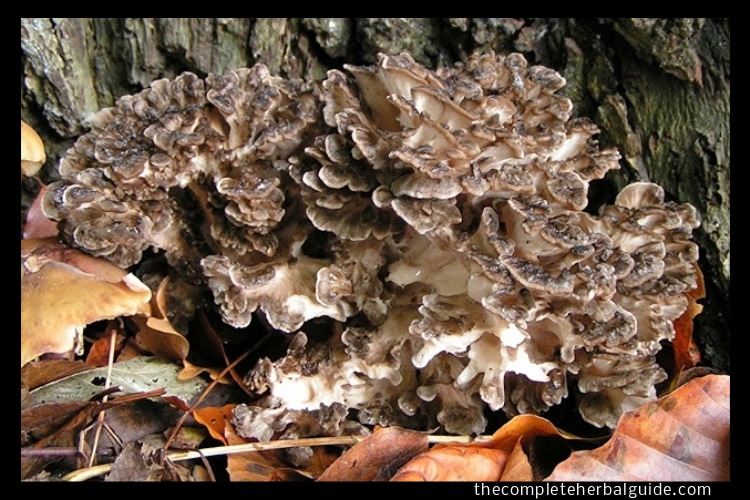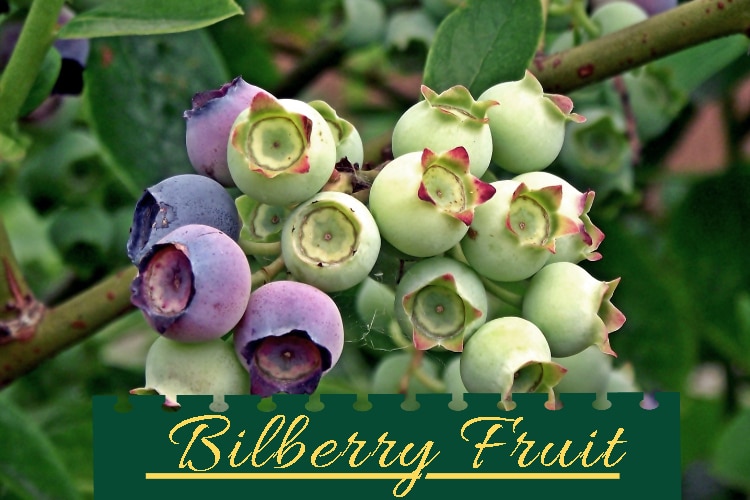
Medical Uses and Health Benefits of Black Walnut
The black walnut tree, also known as the American walnut, is native to North America. Trees range in height from 70-150 feet and have a diameter of 2-4 feet. The compound leaves are between 1 and 2 feet long. This tree is prized for its beautiful wood and the tasty nuts which are avidly harvested in the autumn. The tree has large, pinnately compound leaves, 12 to 24 inches long with 15 to 23 leaflets. The leaf stems are covered with fine hairs but are smoother than butternut. The fruit is a large, rounded, brownish-black nut with a hard, thick, finely ridged shell enclosing a rich, oily kernel. The nut is black and rigid with the kernel having a high-quality taste. The kernel is edible and highly nutritious. The nut is enclosed in a solid, non-splitting husk, and is borne on the tree singly or in pairs.
Medical uses and health benefits of black walnut

Black walnut is considered to be an antiseptic, a germicide, a parasitic, and a laxative. Their hull does indeed help with a variety of health conditions:
- ridding the body of intestinal parasites and tapeworms
- reducing constipation
- healing skin conditions
- healing acne
- getting rid of canker sores
- healing psoriasis
- healing other fungal infections
This walnut has been used as external applications for a variety of skin complaints including ringworm, jock itch, athlete’s foot, psoriasis, blisters, eczema, scabbing pruritus, varicose ulcers, and even syphilis sores. Black Walnut oxygenates the blood to kill parasites.
The walnuts extracts can be taken internally for ailments such as…
- gout
- rheumatism
- glandular disturbances
- worms
- parasites
Black Walnut oxygenates the blood to kill parasites. It is used to help balance sugar levels. It also is able to burn up excessive toxins and fatty materials.
The decoction has also been used as an effective vermifuge. The fruit is useful for promoting strength and weight gain. The husk is chewed for colic and use as a poultice for inflammation. The decoction has also been used as an effective vermifuge. The black walnut hull contains a number of active ingredients, including omega-3 fatty acids called alpha-linolenic acid (ALA), sterols, tannins, and iodine. A high intake of ALA is protective against heart attack.
Sterols are naturally occurring plant compounds that are chemically similar to cholesterol. Sterols may play chemoprotective and cardioprotective roles. Tannins are antibacterial, anticancer, antidiarrheic, antihepatotoxic, chelator, antihypertensive, antitumor, cancer preventive, antiulcer. Iodine is widely used as an antiseptic in medicine. It works by attaching itself to the pathogenic bacteria and thereby killing them. Black walnut shells are very rich in vitamin C, and beta-carotene, B1, B2, and B6 are found in the leaves.






